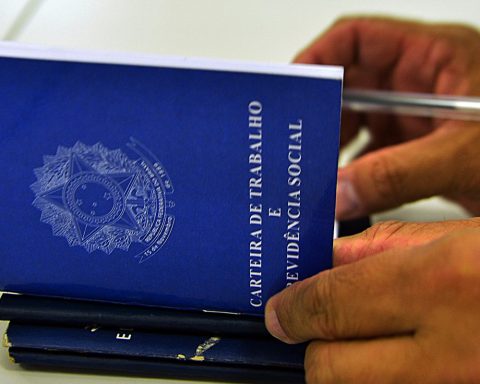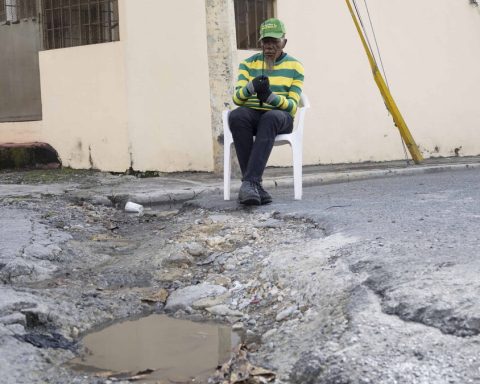1.L
to history and the use of historical analogies are one of the main battlefields in politics. Further proof of this was when Palestinian President Mahmoud Abbas in conference with German Chancellor Olaf Scholtz last Wednesday accused Israel of carrying out “’50 holocausts’ against the Palestinian people” (bit.ly/3QzdHnJ). In response to a question about the Palestinian attack on Israeli athletes in Munich in 1972, he said: From 1947 to today, Israel has committed 50 massacres in 50 Palestinian villages
and I add: 50 killings, 50 holocausts
. The comparison −Abbas tried to retract later, assuring that did not intend to deny the uniqueness of the Holocaust
and only aimed to “highlight the Israeli crimes and massacres committed against the Palestinian people since the Nakba”− provoked an avalanche of criticism. Israeli Prime Minister Yair Lapid called his comments moral disgrace and monstrous lie
while Scholtz himself declared disgusted
and, condemning any attempt to deny the Holocaust, stressed that For us Germans, the relativization of the uniqueness of the Holocaust is unacceptable
.
2. Abbas missed the time and place, but his intentions to denounce the perpetual ethnic cleansing and periodic massacres at the hands of Israel, together with the context of the recent bombing of Gaza, endorsed
in fact, by Germany and the EU (bit.ly/3QU0427), −the crimes that have not stopped to this day
, as he stressed, put the appropriate light on his analogy. Thus, it is not only part of a long history, fueled by the policies of Israel itself, of using comparisons to the Second World War to talk about the colonization of Palestine −José Saramago and Giorgio Agamben compared Gaza with Auschwitz
; Zygmunt Bauman compared the wall in the West Bank to warsaw ghetto wall
, et cetera−, but ends up saying (in terms of ethnosicoanalysis) more about the person who resorts to it than about herself. Abbas is not the first Palestinian leader to use this comparison to express the impotence and desperation of a people placed in an impossible condition of be the victim of the victim
(Edward W. Said said). A people dispossessed by the evil of settler colonialism, justified in order to make amends for past misfortunes committed by someone else and whose children are being killed (bit.ly/3Civo6w) by a country that invokes the memory of Jewish children killed in the Holocaust
(as Lapid did now too). And that he suffered a catastrophe − Nakba− comparable, from their perspective, to the Holocaust, but never recognized (bit.ly/3PJyILm).
3. Interestingly, it’s not just about the weaponization of the memory of the Holocaust by Israel −masterfully analyzed by Idith Zertal ( Israel’s Holocaust and the Politics of Nationhood2005), Tom Segev ( The Seventh Million: The Israelis and the Holocaust2000) or Norman Finkelstein ( The Holocaust Industry2000)−, something done for propaganda purposes “to assert their ‘right’ to Palestine, a land to which the Zionists had presented their colonial claim half a century before the Second War and the Holocaust” (bit.ly/3K4rQ9S), but also of a flexible approach to it, which often borders on the denialism. Thus, Israeli politicians often go so far as to accuse the Palestinians themselves of… invented the holocaust
(yes) (bit.ly/2re6dwF) or, to take advantage of European alliances, suddenly they forget
−given our current problems with the Arabs
− who were its real perpetrators (bit.ly/3dL5myU).
4. Thus, Abbas’s analogy has been outrageous
but few in Israel or Europe were outraged when a few months ago, in a speech to the Knesset, Volodymir Zelensky compared Russia’s actions in Ukraine to Holocaust
(yes) (to.pbs.org/3CguK9K) or when he indicated that the Russian invasion of his country it was worse than the Nazi occupation during World War II
(bit.ly/3A0Itig), all this while forgetting to mention a little detail
: the massive collaboration of the Ukrainian nationalist forces −today praised in the Ukraine− with Hitler and their participation in the Jewish extermination (see: Grzegorz Rossoliński-Liebe, The Fascist Kernel of Ukrainian Genocidal Nationalism, 2015). Abbas’s analogy has beenaberrant
but the systematic rewriting of history by Viktor Orbán −Israel’s best ally− that seeks to hide Hungary’s participation in the Holocaust is not (bit.ly/3AvtYEr).
5. The singularity
of the Holocaust defended by Scholtz and the ban on comparisons
decreed by him, are just new expressions of the old German state policy of unconditionally protecting Israel and its colonialism in order to atone for the crime of the Holocaust (and a basis
that both states share). The fact that in the same conference Scholtz had directly censured Abbas also for using the qualifier apartheid to talk about Israel −the indignation
by 50 burnt offerings
he expressed it the next day on Twitter− is equally striking, as is the fact that today in Germany the comparison of the Holocaust with other colonial crimes (“Dirk Moses affair”) and Israel’s policies with the apartheid (“Achille Mbembe affair”), are at the center of political/intellectual debates (bit.ly/3dDu6sG). Comparisons tell us a lot about who uses them, but also who prohibits them.
















